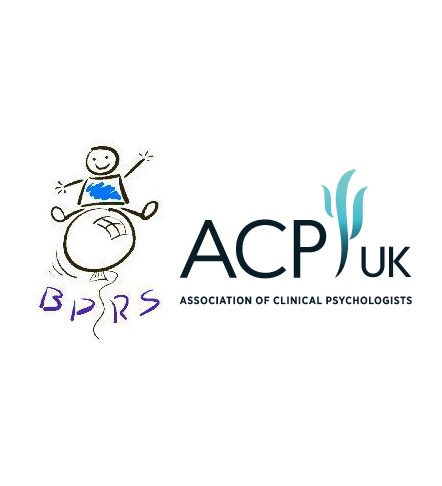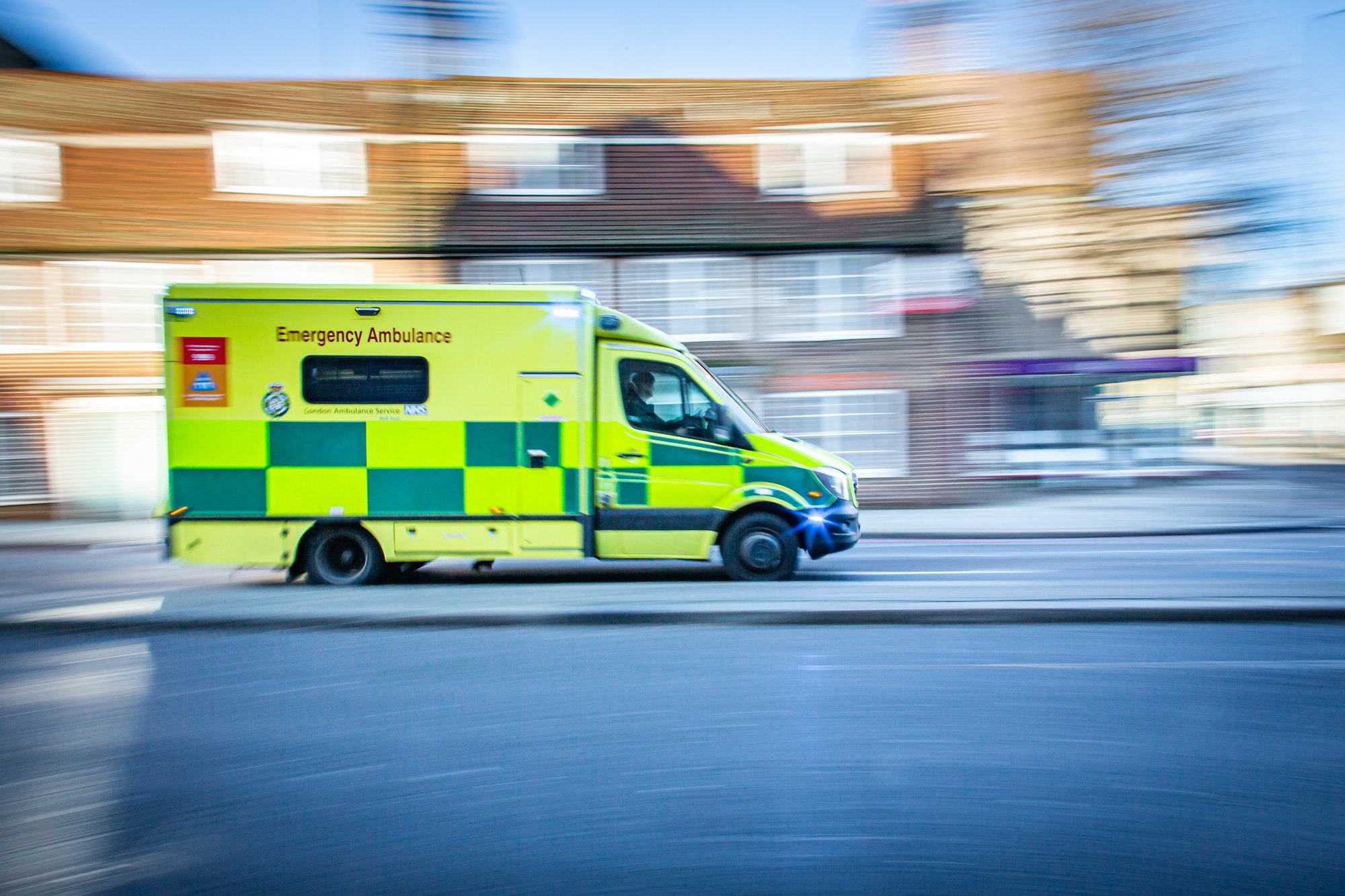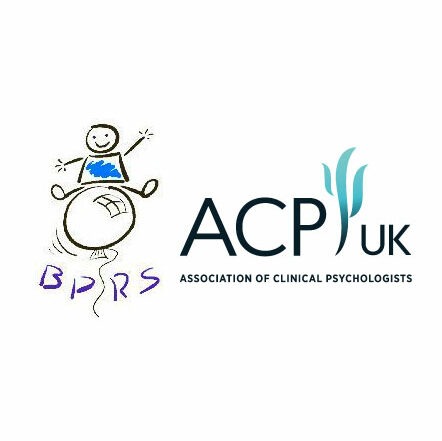Standards for Psychological Rehabilitation in Major Trauma
Background and Justification:
Patients suffering traumatic injury, both adult and child, are at risk of psychological problems and with more patients surviving significant injury, there is a need for good quality rehabilitation which includes psychological care. Access to both clinical psychology and neuropsychology is an explicit recommendation of the NHS England service specification for Major Trauma Networks and is a quality indicator for peer review. These standards are relevant for all hospitals designated as Major Trauma Centres (MTCs) across the United Kingdom and cover both adults and children.
Injured patients may experience both psychological difficulties (e.g. anxiety, depression, adjustment problems, post-traumatic stress) and neuropsychological impairment (due to traumatic brain injury, alcohol problems, delirium, pre-existing neurological conditions exacerbated by trauma, etc). There are proven psychological and neuropsychological interventions for these difficulties that markedly improve psychological and functional outcomes. A considerable body of evidence suggests that quality of life and functioning following trauma depends upon pre-existing and ongoing psychological factors again highlighting the need for specialist clinical psychology input into trauma pathways.
Inclusion criteria:
All patients admitted to UK adult and paediatric MTCs following injury.
Standards for practice:
- Designated clinical psychologists should be embedded within each MTC, available at least five days a week. The designated clinical psychologist(s) should provide oversight of all elements of psychological rehabilitation in major trauma.
- Processes during the acute admission should be in place to identify patients and carers/families experiencing psychological difficulties or presenting with psychological vulnerability factors.
- A pathway must be in place to enable documentation of screening, assessment, triage and onward referral where appropriate.
- Screening using validated tools should be documented for all patients including mild traumatic brain injury. There should be specific access to specialist clinical neuropsychology services for further assessment and intervention of cognitive problems.
- Clinical psychologists should be core members of the MTC multidisciplinary team (MDT) and may take a leading role within the MDT. There are advantages to having a senior clinician (consultant grade) in terms of team leadership and professional expertise.
- Clinical psychology should provide regular teaching and training to trauma MDT staff.
- Clinical psychologists should consider the whole environment in which care is provided and promote psychologically informed environments. This includes offering consultation to staff around the psychological wellbeing of patients.
- Clinical psychologists should offer both inpatient and outpatient services (including assessment, formulation and intervention), enabling acute and later psychological therapy and input.
- Clinical psychologists should support rehabilitation and discharge/onward care planning (including referral to liaison psychiatry for patients who have self-harmed/attempted suicide and working with systems such as schools and social care for paediatric patients).
- Clinical psychologists should be available to provide support and critical incident stress management to all members of staff in the MTC.
- Clinical psychologists should engage in psychological research, audit and service evaluation relevant to the trauma service.
- Identifying appropriate staff levels dependent upon the population size covered by each MTC is an important consideration for services and is an area for future evaluation.
Evidence base:
Drawn from an expert clinical consensus opinion in addition to the following:
- Major Trauma Services Quality Indicators. Quality Surveillance Team, NHS England (2016).
- Management of Children with Major Trauma. NHS Clinical Advisory Group Report (2011).
- NHS standard contract for major trauma service (all ages). NHS Commissioning Board, NHS England D15/S/a (2013).
- Post-traumatic stress disorder: the management of PTSD in adults and children in primary and secondary care. NICE clinical guideline CG26. March 2005.
- Depression in adults: recognition and management. NICE clinical guideline CG90. October 2009.
- Depression in children and young people: identification and management. NICE clinical guideline CG28. March 2015.
- Low back pain and sciatica in over 16s: assessment and management. NICE clinical guideline NG59. November 2016.
- Head injury: assessment and early management. NICE clinical guideline CG176. January 2014.
- Head injury. NICE quality standard QS74. October 2014.
- O’Donnell, M.L., Varker, T., Holmes, A. C., Ellen, S., Wade, D., Creamer, M., Silove, D., McFarlane, A., Bryant, R. A. & Forbes, D. (2013). Disability after injury: the cumulative burden of physical and mental health. J Clin Psychiatry, 74:2,137-143.
These standards have been developed by Dr Louise Johnson, Dr Maggie Bellew and Dr Laura Shepherd and the Major Trauma Psychology Network. The Major Trauma Psychology Network is a national group of clinical psychologists who work in Major Trauma Centres across the United Kingdom.










